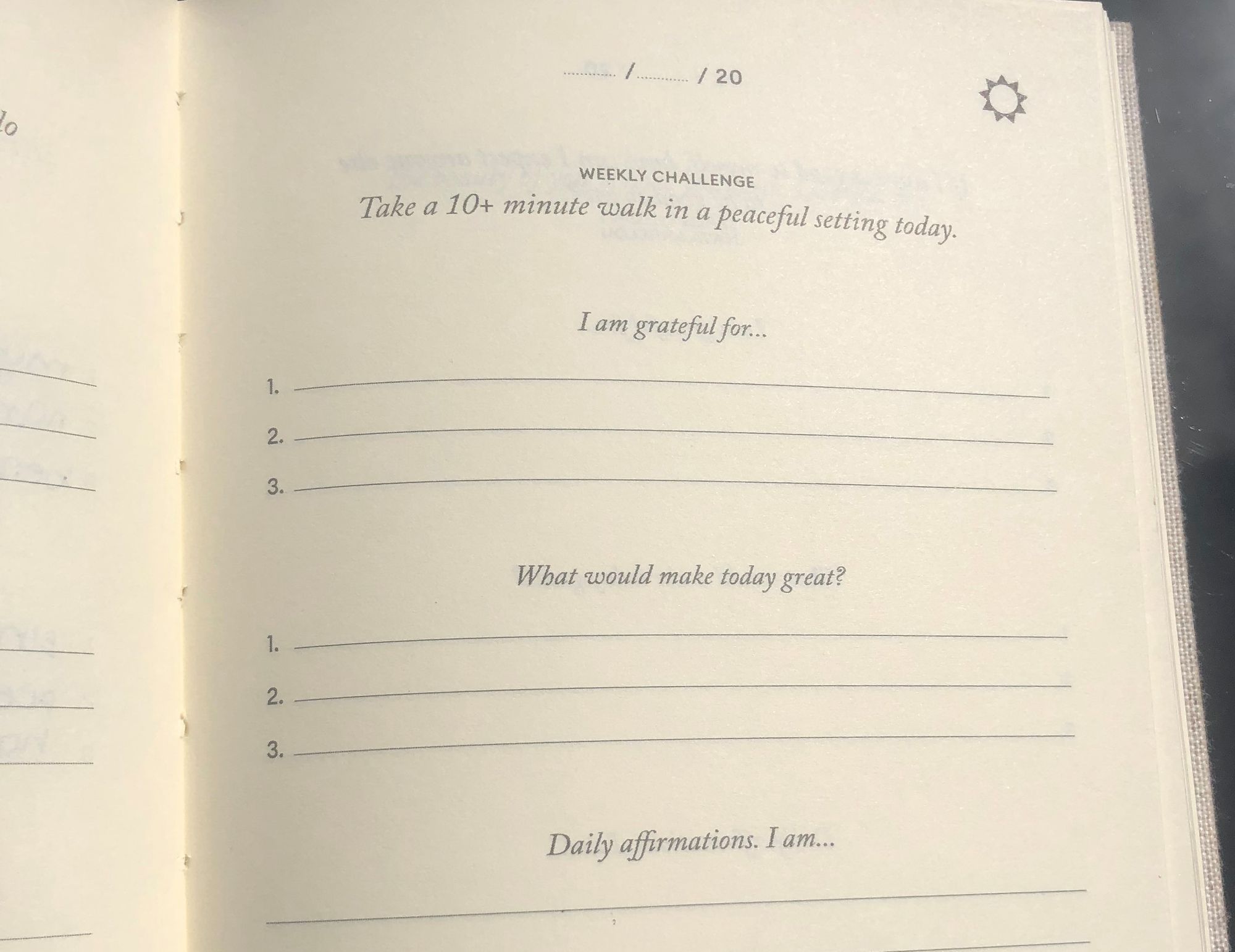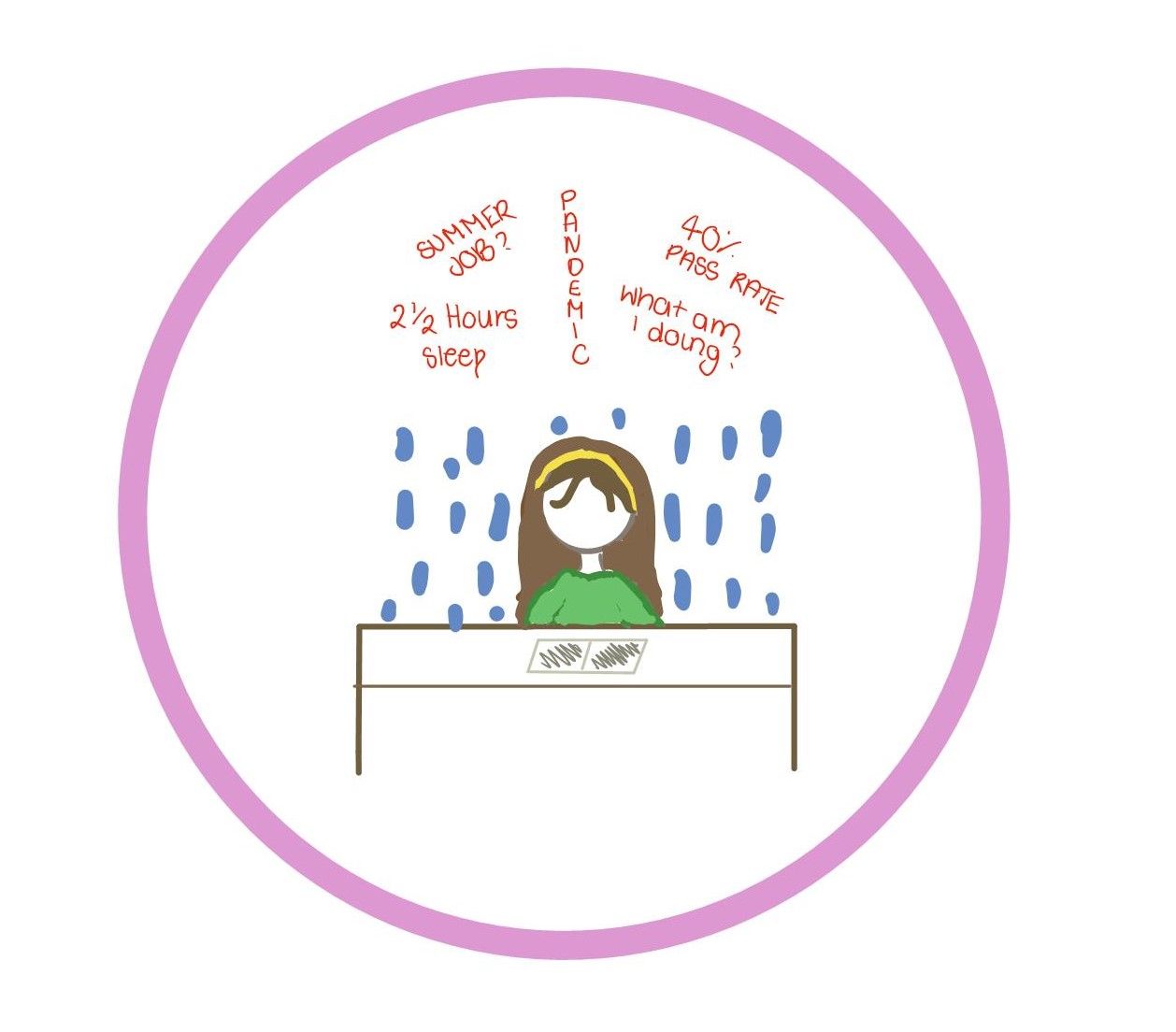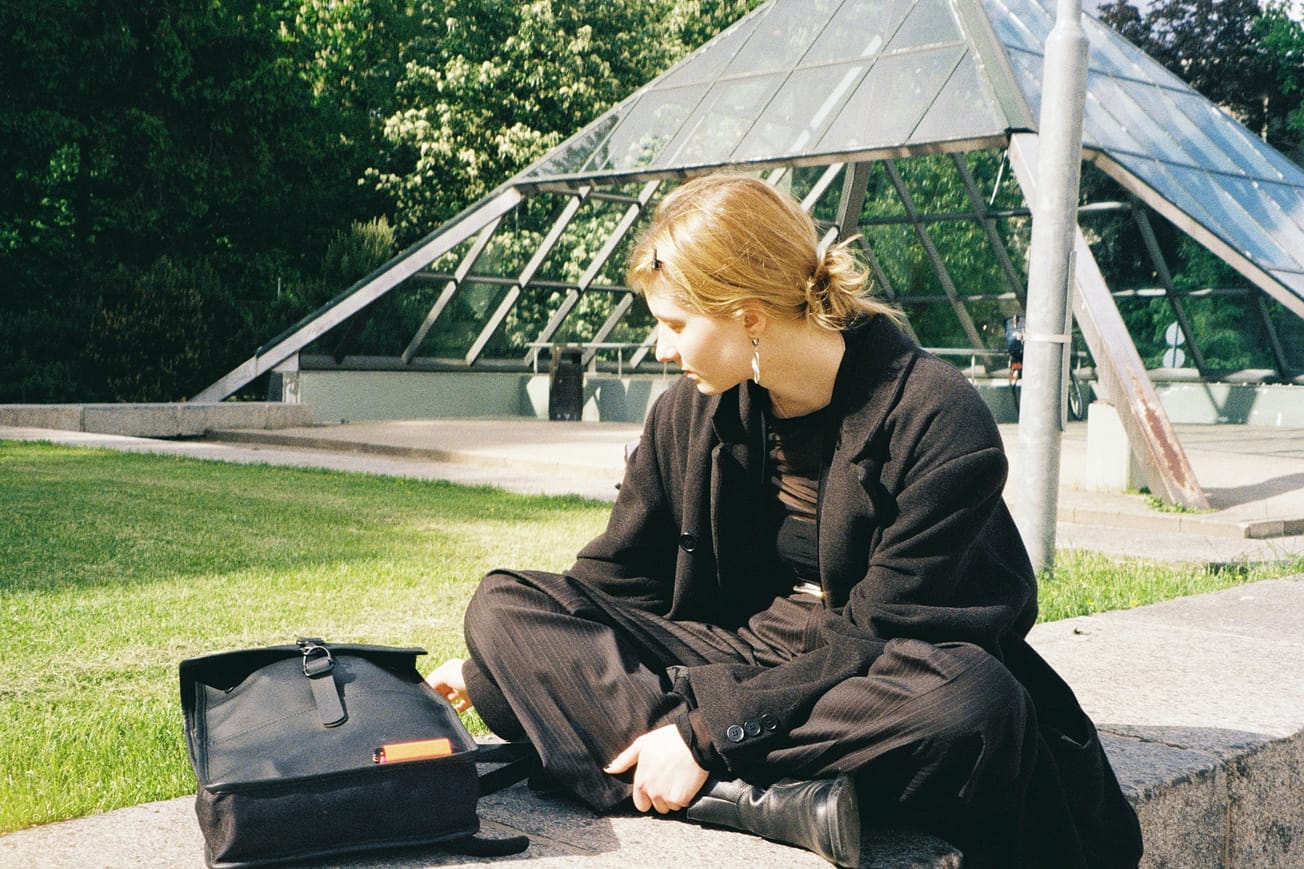By Amy Hirtenstein, First Year, Philosophy and Theology
The Croft Magazine // Many argue Gratitude journaling can help you find joy in even the darkest of times and have taken up this hobby during the last year of the pandemic. But does this approach truly hold any benefits?
Did you spend the past year of your life glued to your phone? Eyes tied to a screen watching productive, good-looking, healthy people live incredible lives whilst you were sat curled under your covers? If this applies to you; you will have definitely noticed the emergence of gratitude journaling.

A gratitude journal has been attributed as the key to many of these people’s success- and the cure to lockdown apathy and stagnation. If you have spotted it on Tik Tok or Instagram it is often accompanied by scenes straight out of a movie; beautiful sunsets, aesthetically pleasing cups of coffee, gorgeously effortless ‘lazy outfits’ and quite a lot of yoga.
This is a lie.
If you think gratitude journaling is going to transform your life- think again. For my personal journal I used ‘The Five-Minute Journal’ by Intelligent Change.
Initially waking up to a journal feels empowering- it is comparable to the first week of a new exercise routine. You are filled with a newfound sense of control over your life and the world feels like your oyster. Motivation and inspiration fill your senses and these initial days may be the most productive days of your life.
BUT- then comes week two. Which is far more realistic- you are tired, grumpy and barely able to keep your eyes open. The alarm has definitely been snoozed at least once and you just cannot find a single pen! Your eyes are crusty, your mind foggy and you feel like crying because when asked what you are grateful for you just do not know.
Then comes an overwhelming sense of failure as gratitude journaling is unable to keep up with the lofty expectations social media has created for how the process is supposed to go.
One of the most important things to learn is that life rarely, if ever, goes to plan. My journey with gratitude journaling was a tumultuous one- I forgot to do it about 30 times, didn’t do the evening reflection portion every other day and ripped out a couple of pages because my handwriting was so awful I could not look at it.
Gratitude journaling came to me at the perfect time- I was in a vicious summer cycle of feeling pretty miserable. I was anxious because I was away from my usual routines and was struggling with why I even got up in the morning. Gratitude journaling can be pretty difficult when life isn’t going perfectly. On the days you feel sick to your stomach with worry or when you feel disconnected from your friends and family and when you wake up feeling incredibly alone.

People say with practise makes perfect and gratitude journaling proves this to be true. It is about compassion for yourself and narrowing the scope for what you take value in. I started by saying that a great day would consist of x hours of studying or eating healthy, or going to the gym. I originally was grateful for my good grade, my coursework being submitted, and my friends doing a nice thing for me. However, this left me feeling unsatisfied and empty when I would write out lofty expectations for the day ahead, and the day itself would involve me sitting in my room and not seeing anyone.

When I changed my approach to gratitude journaling, it changed its results. My idea of a ‘good day’ transformed into being kind to myself, or infusing my day with confidence, or facetiming my family. I had to lower my expectations. I started being grateful for my heart for pumping blood around my body, and my breath for still going. I could never disappoint myself if I was grateful for just existing.
When used this way, gratitude journaling took away a lot of the pressure I put on myself to achieve, and it made every action or task I completed feel like something I was capable of doing versus obligated to do.
Gratitude journaling can work as a great tool to reaffirm your values, and check in with the areas of your life you care about- when used the right way. It needs to be used with compassion for yourself because you won’t do it everyday, and some days will be harder than others. But the fact you are trying to improve and be more present with yourself and the people around you is enough.
That Girl Trend: how to build a realistic routine for the start of the new year
Gratitude journaling is about gratitude, not being 100 per cent happy all the time, not about accomplishing your goals and it is definitely not about how successful you are as a person. It is about being grateful for the people in your life, for the world around you and for yourself, for trying to be better, for trying to pull yourself out of your own sadness cycle and for buying a gratitude journal in the first place.
Featured image: Epigram / Amy Hirtenstein
What are you grateful for? Let us know!









